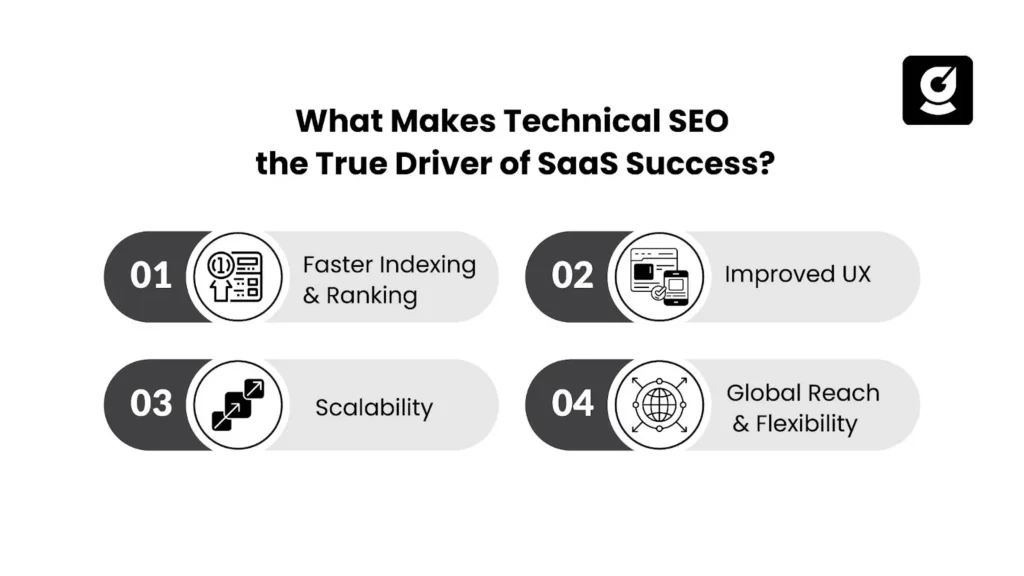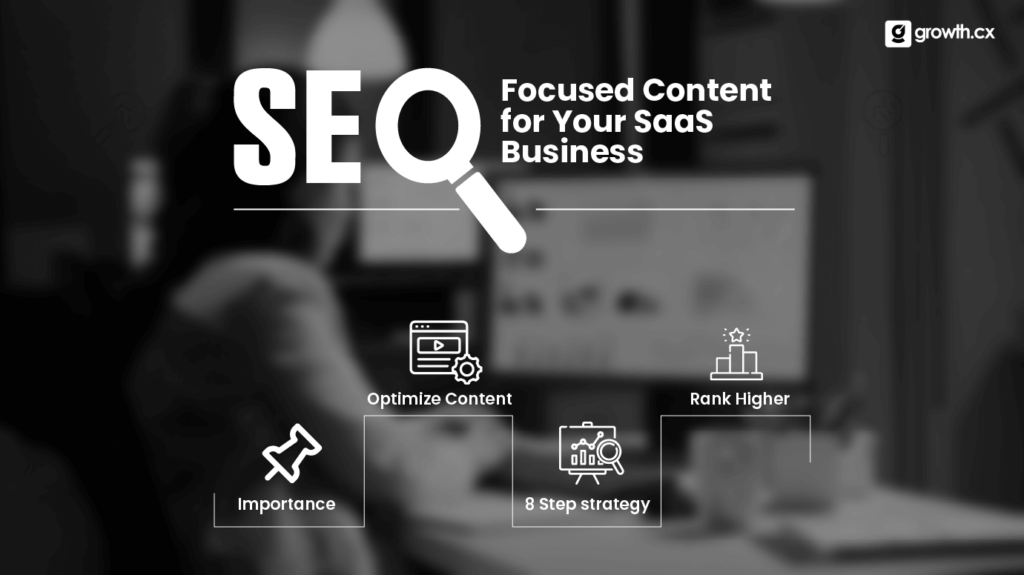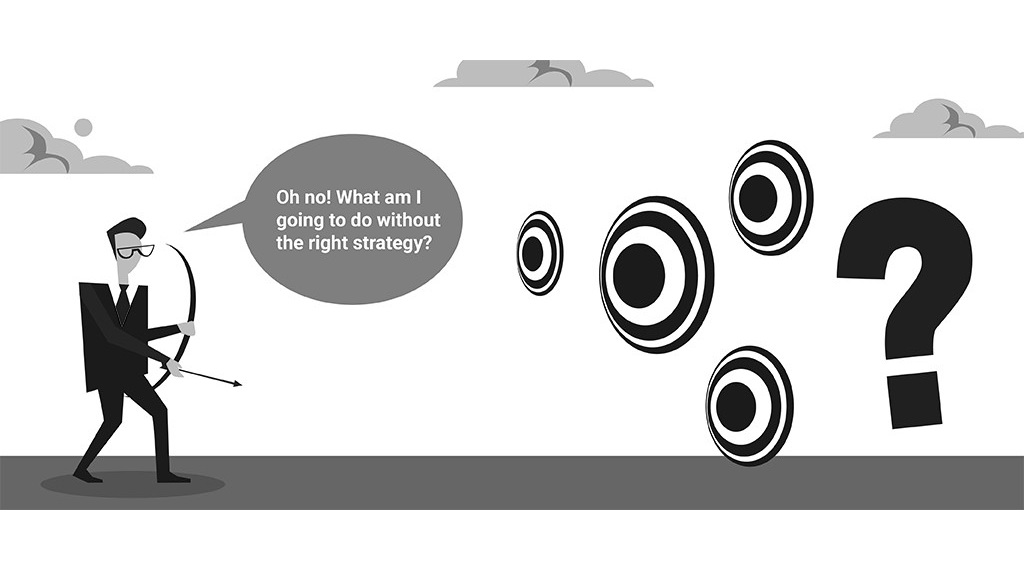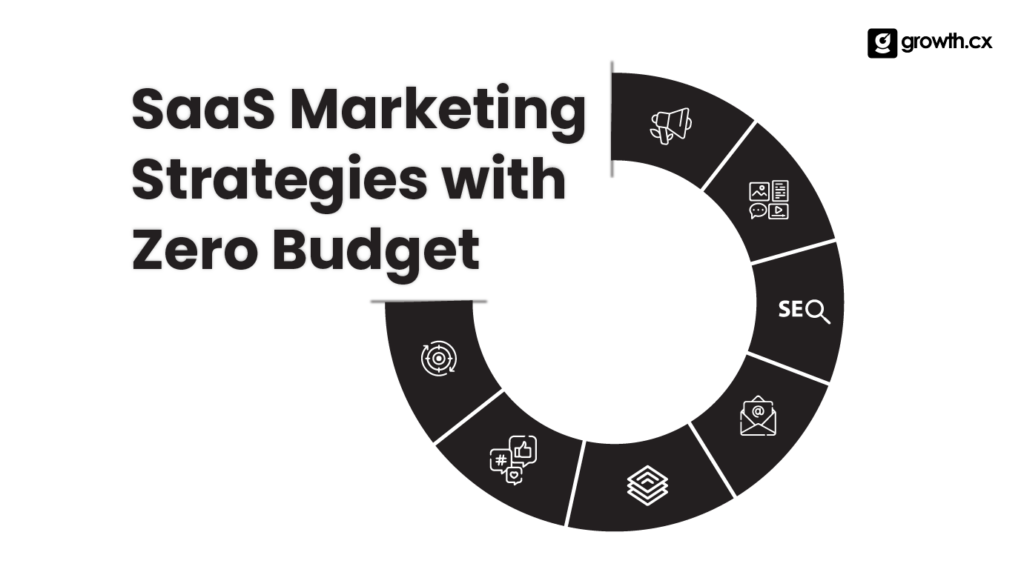Are you investing heavily in marketing but still not showing up where your prospects are actually searching?
Numerous B2B SaaS businesses invest heavily in advertisements, content, and social media, only to discover that their intended audience remains oblivious to their existence. The problem? In 2026, visibility is not a single stop. It depends on mastering technical SEO for SaaS.
Consider the facts:
- AI-driven SEO can boost organic traffic by as much as 45%.
- AI Overviews (AIOs) appear in 50% of Google searches.
With numbers like these, why aren’t SaaS businesses seizing the full opportunity? Chances are, they’re making the same mistakes that most SaaS brands make when it comes to technical SEO.
Now, let’s look at those errors together and how you can fix them to unlock the full potential of your SaaS.
Ignoring Technical SEO? Here’s What It’s Costing Your SaaS
As a SaaS company, your focus is probably on customer acquisition, retention, and growing your product. But the real game-changer? Having a website that can scale with your growth—and that starts with technical SEO.
Why many SaaS websites miss out on growth:
Despite investing heavily in things like content, social media, and paid campaigns, many SaaS businesses still struggle to scale their organic traffic. The problem is not the lack of effort. It is the lack of focus on the technical infrastructure that supports your digital presence. If the site is slow, poorly structured, and a mess, it will be painful for search engines to crawl, and you will be essentially weighing down your potential.
How it affects conversions, churn, and revenue:
A sluggish site and bad technical setup make for a poor user experience; users bounce off quickly, resulting in reduced conversions. Did you know conversions drop by 7% for every second that a page takes to load? For SaaS, this equates to the loss of revenue.
The myth of content-only SEO:
Many typical SaaS companies treat content marketing as their only strategy and think that it is enough to drive growth. In truth, any content presented without good technical SEO is akin to construction on unstable bases. No matter how great your content may be, without technical SEO, there is no chance of making it rank in search engines to reach its target audience.
Why SaaS Leaders Rely on Technical SEO to Scale?

With technical SEO on your side, you are much more likely to make your site discoverable, usable, and rankable by search engines and users alike. So this is how it can create a growth boost for SaaS businesses:
- Faster indexing and ranking: Technical SEO for SaaS ensures that search engine crawlers index your content more efficiently. This means properly optimizing pages so that you no longer have to wait for search engines to catch up to your constantly updated content.
- Scalability: As the SaaS business expands, a website must be able to cater to an increasing number of pages, users, and data. Technical SEO ensures that your business grows smoothly without any unnecessary technical friction.
- Improved user experience: Google, for one, wants its users to have a good online experience. Google’s algorithm is designed to push fast-loading websites that are easy to navigate and are mobile-optimized higher, and that is good for turning users into paying customers.
- Global reach and flexibility: For SaaS companies targeting global markets, technical SEO enables the customization of your website to suit different countries, languages, and specific target markets.
The key elements of technical SEO for SaaS websites:
- Crawlability: If your content is locked away from search engines, it remains invisible. Making your content crawlable means that search engines can access and index it, driving traffic to your website.
- Site speed: Google ranks websites with faster loading times higher. A slow website not only harms your rankings but can also cause users to leave before they even have a chance to see your product.
- Mobile optimization: Mobile-first indexing is the new normal. Your website needs to be fully responsive and should offer an uninterrupted user experience across all devices.
- Security: HTTPS certainly acts as a ranking factor while serving as a trust factor among users. Google always prefers secure sites, and as a SaaS business, it is critical to have HTTPS, especially to protect sensitive user data.
- Structured data: You can enhance your structured data with schema markup for SaaS, which will help search engines better understand your content and display it in rich snippets, which improves visibility and click-through rates.
Evaluation Criteria: What Every SaaS Leader Should Look For
Is your website set up to support organic growth? Here’s a checklist of what to look for during an SEO audit:
| SEO Element | What to Check | Tools/Resources |
| Core Web Vitals | Ensure fast loading times, good interactivity, and visual stability | Google PageSpeed Insights, Lighthouse |
| Site Architecture | Logical site structure, easy navigation, scalable layout | Screaming Frog, Sitebulb |
| Indexation Controls | Ensure pages are properly indexed, and avoid blocking valuable content | Google Search Console |
| Schema Markup | Implement schema for pricing, reviews, and product features | Google Structured Data Testing Tool |
| Mobile Optimization | Ensure full responsiveness and mobile-first indexing | Google Mobile-Friendly Test |
- Core Web Vitals: Google’s Core Web Vitals have an impact on user experience and SEO. These metrics prioritize load time, interactivity, and visual stability. Tools like Google PageSpeed Insights can help you track and optimize these metrics.
- Site architecture: The site must have a clear and logical structure that is easy to navigate. This structure needs to be future-proof and scalable so it can support the easy addition of pages, products, and features.
- Indexation controls: Review the indexation of your pages using the Google Search Console and identify the pages that are not indexed. Verify that critical pages, such as pricing and product descriptions, are indexed in the search engine.
- Schema markup: Adding schema markup to your pages, especially for pricing, product reviews, FAQs, and other relevant content, will help search engines better understand your content and display it as rich snippets in search engine results.
Key questions to ask when performing a technical SEO for SaaS audit:
- Is my website fast enough to engage users and rank well on search engines?
- Are my pages easily crawlable by search engines?
- Have I set up structured data to help search engines display my content more effectively?
- Are there any technical issues preventing search engines from indexing my valuable content?
Turning SaaS Objections Into Wins with Technical SEO
Even with clear benefits, many SaaS companies hesitate to implement technical SaaS seo strategies at the moment. Here are some common objections:
“It’s too complex for our dev team.”
Technical SEO may seem daunting, but it doesn’t have to be. There are many tools, resources, and consultants out there that will help you implement technical SEO fixes without interrupting your development team.
“Content marketing is enough.”
Content is, of course, very valuable, but it will not achieve the desired effect if the technical foundation is not set. Without technical SEO for SaaS, your content will not have the opportunity to rank well. You need both content and SEO working together.
“How do we prove ROI on technical SEO?”
When you want to do something technical, you look at performance metrics: increased traffic, faster load times, better rankings, and, most importantly, conversions. For instance, one of our SaaS clients increased page load speed by 60%, and as a result, conversions increased by 30% within three months.
Best Practices & Pro Tips for SaaS Growth with SEO
Quick wins:
✅Improve site speed: Reduce image file sizes, eliminate unnecessary scripts, and ensure browser caching is utilized.
✅Mobile optimization: Confirm the website is responsive and quickly accessible on mobile devices to ensure proper optimization.
✅Implement structured data: Apply schema markup for enhanced search engine listings.
✅Fix broken links: Regularly check for 404 errors and redirect them to the correct pages.
Advanced tactics:
- Log file analysis: Search engines’ interactions with your website can be observed through log file analysis.
- SEO automation: Set up systems for continuous monitoring and on-the-fly optimization.
- Ongoing SEO monitoring: SEO is not a one-time job. Track ongoing SEO issues and fine-tune improvements with Google Search Console and SEMrush.
Is growth.cx the Missing Link in Your SaaS Growth Journey?
If you’re pouring resources into ads, content, and social media but still struggling to be found by your ideal customers, the issue may not be your marketing—it’s your technical SEO.
This is where Growth.cx comes in. With a specialized focus on SaaS SEO, Growth.cx can optimize your website’s technical SEO to drive higher organic traffic, improve user experience, and accelerate your growth. Here’s how they can be the missing link in your journey to SaaS success:
- SEO Audits & Optimization: In-depth evaluations to locate issues with crawlability, speed, and mobile optimization, along with specific action plans to correct these issues.
- Core Web Vitals Optimization: Fixing your site’s loading time, interactivity, and visual stability to comply with Google’s Core Web Vitals and boost rankings.
- Mobile Optimization: Making sure your SaaS site is fully responsive and meets the standards of mobile-first indexing, which assists both rankings and user experience.
- Structured Data Implementation: Essentially, the addition of schema markup helps search engines better understand the content and display rich snippets in search results.
- On-Page SEO & Technical Fixes: Addressing the technical aspects of SEO for the site’s structure and internal linking, along with fixing other technical SEO issues that hinder performance on search engines.
- Performance Monitoring: Continual review and oversight of SEO analytics to maintain optimization and adjust to changes in the algorithm.

Are You Leveraging Technical SEO to Its Full Potential?
Technical SEO is not a “good-to-have”, but rather a foundation for scalable SaaS growth. Ensuring your website is technically sound and optimized for both users and search engines will prevent obstacles from arising as your business grows. So, if you want high ranking, more organic traffic, and sustainable growth at the forefront of your strategy, then technical SEO for SaaS needs to be at the core.
For those looking to pave a path toward sustainable SaaS growth, Growth.cx possesses the technical SEO expertise to elevate the site’s ranking and drive better conversion rates. In their quest for SaaS SEO expertise, they help brands enhance their websites and set them on a path to newfound organic visibility.
Need a tailored technical SEO strategy to scale your SaaS? Growth.cx is here to help. Hop on a call to get started with your action plan.

FAQs
- What exactly is Technical SEO, and why is it important for SaaS websites?
The primary concern of technical SEO is to address the technical issues of a website in a manner that enables search engines to properly crawl, index, and rank the site. In the case of a SaaS website, it has a good load time and perfect UX, both of which will ensure more visits and better conversion rates.
- How does site speed affect SaaS websites with respect to SEO and user experience?
The website’s load time, a Google ranking factor, also affects the overall user experience. Revenue, along with ranking, is negatively impacted when users are not sufficiently motivated to stay and browse through the pages for a longer period. This is one of the persistent challenges that SaaS operations face.
- What are Core Web Vitals, and how will they affect SaaS SEO ranking?
Assessing loading performance, interactivity, and visual stability through user metrics is what Core Web Vitals is about. These days, SEO rankings revolve around core web metrics, as search engines tend to have better visibility for websites that are quicker and more responsive to user interactions.
- What are the key SEO trends to watch for in 2026 that will impact SaaS growth?
SaaS will still need to focus on AI tools for content generation, meeting mobile-first indexing requirements, and continuing work on Core Web Vitals even after the ranking factors change in 2026. Additionally, voice search optimization will still be required.
- What would be some of the technical SEO issues most commonly faced by SaaS companies?
Slow speed, inadequate architecture and site structure for SaaS SEO, subpar mobile optimization, and crawlability issues are some of the prevalent problems that a website can face. Such problems hinder, to an extent, search engines from properly crawling the website pages, which is detrimental to a website’s overall performance in search engines.
- How to improve crawlability and indexation for my SaaS website?
Ensure that you maintain an XML sitemap that is always up to date, have clean site navigation, and no blocking directives in robots.txt. Moreover, implement internal links such that critical pages are not deeply buried and are easily crawled by search engines.



